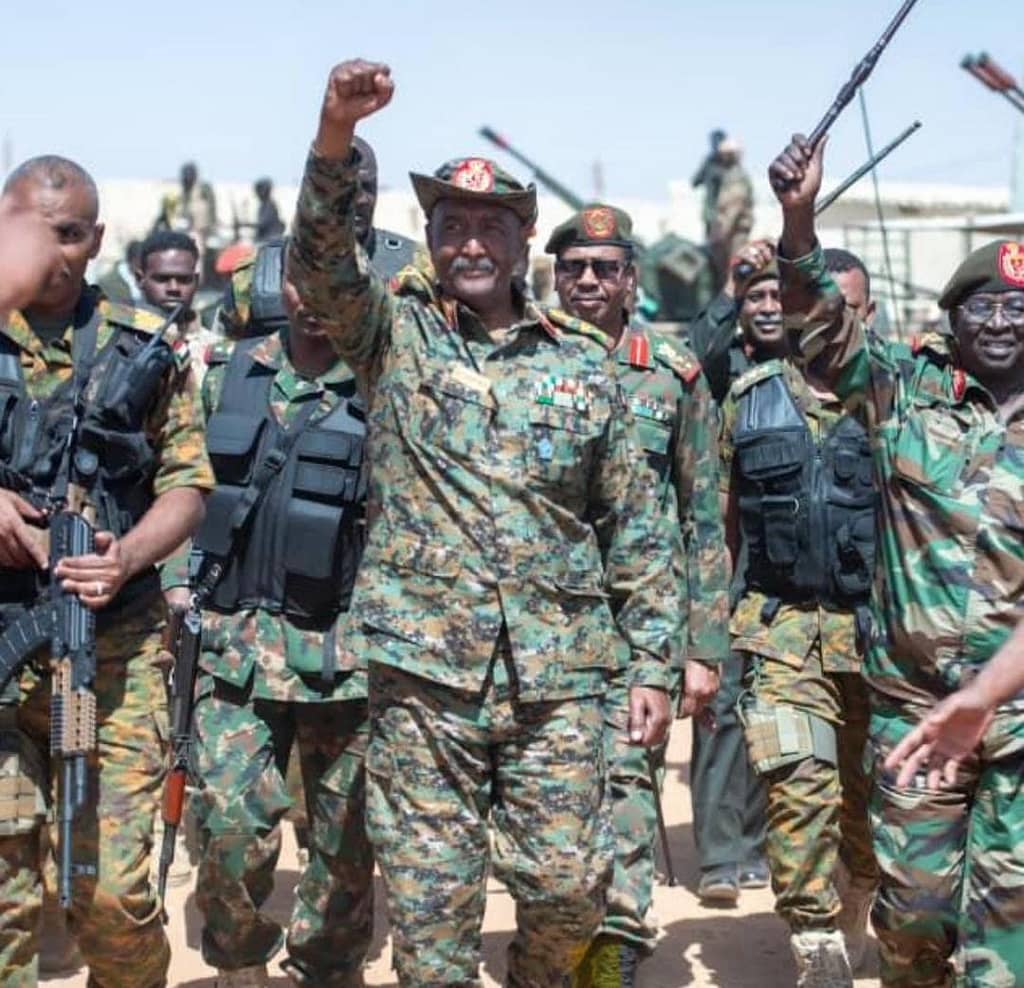RC Khartoum
admin@becreatech.site
In April 2023, Sudan was plunged into a devastating war, leading to widespread suffering and loss. The conflict, sparked by political instability and ethnic tensions, escalated quickly, resulting in widespread violence and displacement of civilians. Both government forces and rebel groups engaged in fierce battles, causing a humanitarian crisis of immense proportions. The war in Sudan exacerbated existing challenges such as food insecurity, inadequate health care, and widespread poverty. Efforts by the international community to mediate and bring about peace were met with limited success. The war in Sudan serves as a grim reminder of the consequences of unresolved conflicts on innocent lives.
The war that erupted in Sudan in April 2023 has had devastating effects on civilians, leading to widespread suffering and hardship. As violence escalated, civilians were caught in the crossfire, facing dangers to their lives and properties on a daily basis. The conflict resulted in mass displacement, with many families forced to flee their homes in search of safety, leading to overcrowded refugee camps and strained resources. The war also disrupted access to essential services such as health care and education, exacerbating an already challenging situation. The humanitarian crisis in Sudan deepened as food shortages increased, leaving many vulnerable to malnutrition and hunger. The psychological toll on civilians, especially children, has been profound, with trauma and fear becoming pervasive. The war in Sudan highlights the urgent need for peace and stability to protect the lives and well-being of innocent civilians caught in the midst of conflict.
Following the outbreak of war in Sudan in April 2023, a significant number of Sudanese people were displaced and forced to seek refuge in neighboring countries. The influx of Sudanese refugees into surrounding nations created challenges for both the displaced individuals and the host communities. Displaced Sudanese faced difficulties in accessing basic necessities such as shelter, food, and health care in their host countries. Additionally, cultural and language barriers often hindered their integration and ability to rebuild their lives. Host countries struggled to accommodate the large number of refugees, straining resources and infrastructure. International aid organizations worked to provide support, but the sheer scale of the displacement posed significant challenges. The plight of displaced Sudanese people underscored the urgent need for coordinated efforts to address the humanitarian crisis and ensure the well-being of those affected by the conflict.









